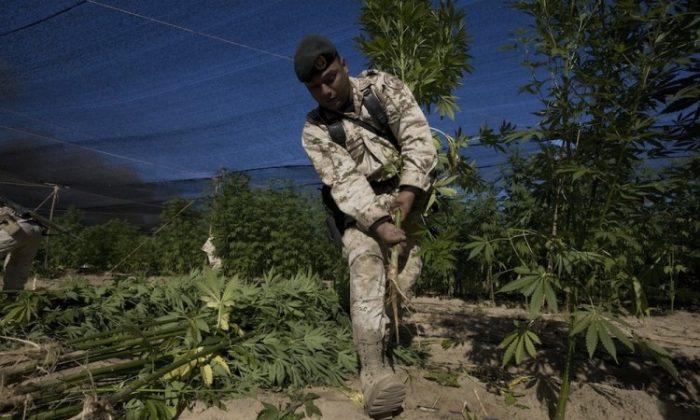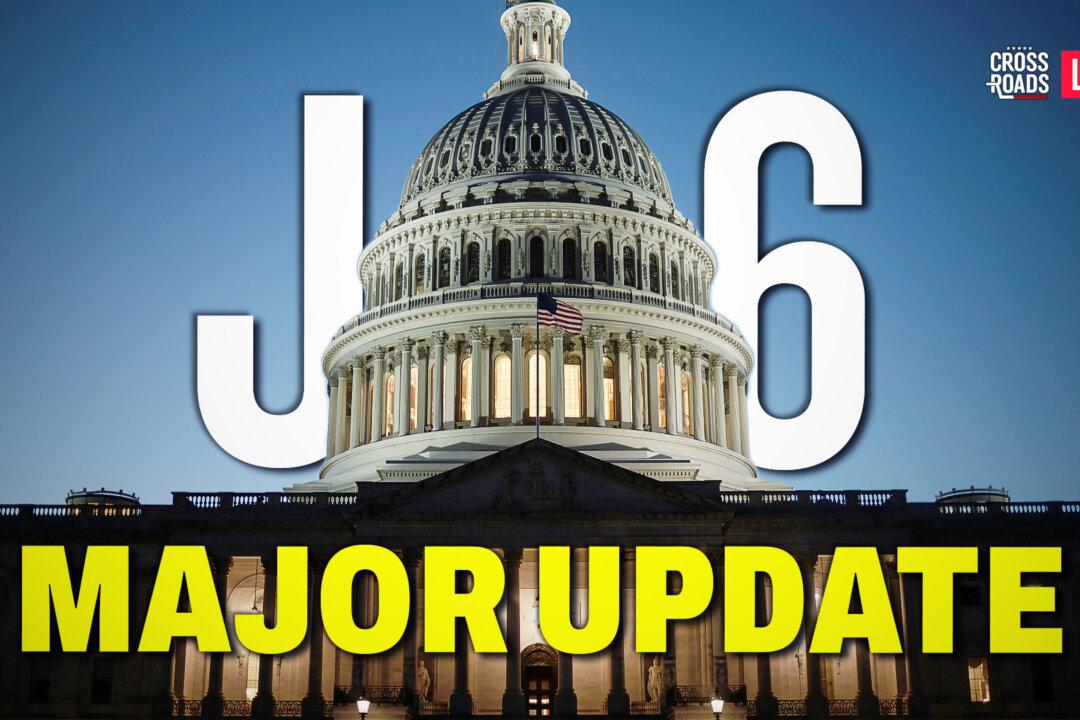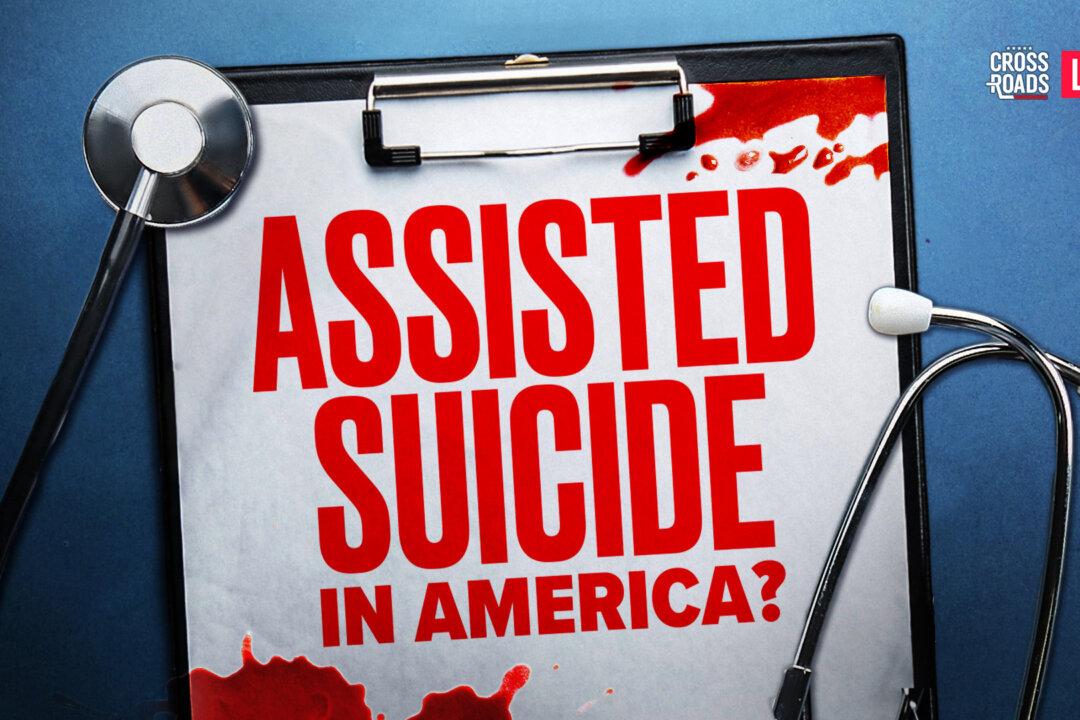The United States is expanding the reach of its global campaign combating transnational organized criminal groups, which are the hands behind criminal activity from drug trade and human trafficking to international terrorism.
These criminal groups “respect no borders and are very global, partnering and entering into joint ventures with each other, exploiting weak borders,” said David Luna, director of Anticrime Programs, Bureau of International Narcotics and Law Enforcement Affairs at the U.S. Department of State, during a Nov. 15 speech in Colombia, according to a transcript.
Luna said, “In the coming months, around the hemisphere and other regions, the United States is actively building partnerships with other nations against the destabilizing influence of transnational criminal networks and their corruptive power.”
His speech followed a new public-private partnership launched over the weekend to dismantle illicit trade networks and combat corruption in the Asia-Pacific. It was announced during the APEC Leaders’ Summit in Honolulu, Hawaii, attended by President Barack Obama, Secretary of State Hillary Clinton, and other APEC leaders.
According to the National Security Council, these groups vary in form and “operate transnationally for the purpose of obtaining power, influence,” and monetary gain through both legitimate and illegitimate means, and then use various methods to protect what they’ve built.
They also “attempt to gain influence in government, politics, and commerce through corrupt as well as legitimate means,” the National Security Council states.
If they find their way into the political system, “instead of starting on a path of economic and institutional development, these nations are transformed into way stations on the route of illicit products,” and threats posed by these groups are “serious and spreading,” states a report from Canada-based Human Security Research Group.
One of the most harmful byproducts of this process “is the rise of violent crime, which threatens weak state institutions and the rule of law,” states the report. After they latch themselves to governments, they form links with official economic and political actors, and use “their power where necessary to intimidate citizens into submission,” and reshape the political systems through “criminal money and violence.”
The world has witnessed the effect of these groups. In parts of Central Asia, West Africa, and Central America where “the wounds of civil war and political transition had not yet healed by the time the phenomena appeared,” states the report, this led to the criminal groups taking “full advantage of the weaknesses of governments and the rule of law in the aftermath of faltering transitions to democracy.”
The United States hopes to stop these organizations from spreading, while eliminating networks that have already formed.
In addition to its current campaign to bring in new international partners, since 2009, the United States has formed partnerships with countries including Australia, New Zealand, Thailand, West Africa, Central America, Mexico, and others.
During his speech in Colombia, Luna stated, “Now more than ever, APEC and other international partners are committed to shutting down illicit markets, putting criminal entrepreneurs and kleptocrats out of business, and dismantling transnational illicit networks.”
The National Security Staff released its Strategy to Combat Transnational Organized Crime on July 25. It includes a global strategy to combat transnational organized crime (TOC), but notes, “Today the threat from TOC is more complicated because criminal networks are more fluid and are using increasingly sophisticated tactics.”
The strategy is based heavily around intelligence systems, and sharing this information between different branches of law enforcement. It states the key points are protecting lives of civilians, helping partner nations break from corruption from these groups, while breaking their channels for moving large amounts of money. Yet, the key focus is on groups that “pose the greatest threat to national security.”
Obama said in July the new strategy is based around “a single, unifying principle: to build, balance, and integrate the tools of American power to combat transnational organized crime and related threats to our national security—and to urge our partners to do the same.”




![[LIVE 4/26 at 10:30AM ET] New Push Started for Global Digital Currencies](/_next/image?url=https%3A%2F%2Fimg.theepochtimes.com%2Fassets%2Fuploads%2F2024%2F04%2F19%2Fid5633115-0426-1080x720.jpg&w=1200&q=75)



Friends Read Free